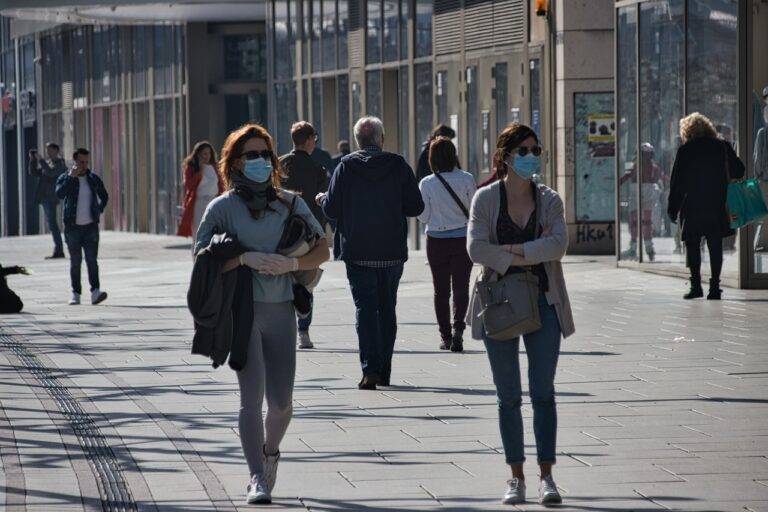The Future of Smart Cities: Innovations Driving Urban Development
Urban development poses a myriad of challenges that require meticulous planning and innovative solutions. One of the primary obstacles is managing rapid population growth within urban areas, leading to increased strain on infrastructure and essential services. The demand for housing, transportation, and utilities often outpaces the capacity of existing systems, leading to congestion, pollution, and inadequate access to resources for urban residents.
Additionally, the need to balance economic development with environmental sustainability presents a complex dilemma for urban planners. The expansion of industries and commercial activities can drive economic growth but also have detrimental effects on the environment, such as air and water pollution, habitat destruction, and increased carbon emissions. Finding ways to foster sustainable development that promotes economic prosperity while preserving natural resources is a critical challenge in urban planning.
Integration of Technology in City Planning
In the realm of urban development, the integration of technology plays a pivotal role in shaping the cities of the future. From smart infrastructure to data analytics, technology offers a myriad of solutions to improve the efficiency and sustainability of urban spaces. By harnessing the power of digital tools, city planners can make more informed decisions and enhance the overall quality of life for residents.
One key aspect of incorporating technology into city planning is the concept of smart mobility. This involves the use of sensors, GPS tracking, and real-time data to optimize transportation systems and reduce congestion. By embracing advancements such as autonomous vehicles and ride-sharing platforms, cities can create more accessible and environmentally-friendly modes of transportation, ultimately leading to a more connected and livable urban environment.
What are some of the challenges in urban development?
Some challenges in urban development include population growth, inadequate infrastructure, traffic congestion, and lack of affordable housing.
How can technology be integrated into city planning?
Technology can be integrated into city planning through the use of data analytics, smart sensors, GIS mapping, and virtual reality simulations to optimize urban space and improve efficiency.
What are the benefits of integrating technology in city planning?
Some benefits of integrating technology in city planning include improved urban mobility, enhanced safety and security, better resource management, and increased sustainability.
How can city planners overcome the challenges in urban development?
City planners can overcome challenges in urban development by embracing innovative technologies, engaging with stakeholders, conducting thorough research, and implementing sustainable solutions.
What role does data analytics play in city planning?
Data analytics plays a crucial role in city planning by providing insights on urban trends, population dynamics, infrastructure usage, and environmental impact, helping planners make informed decisions.





